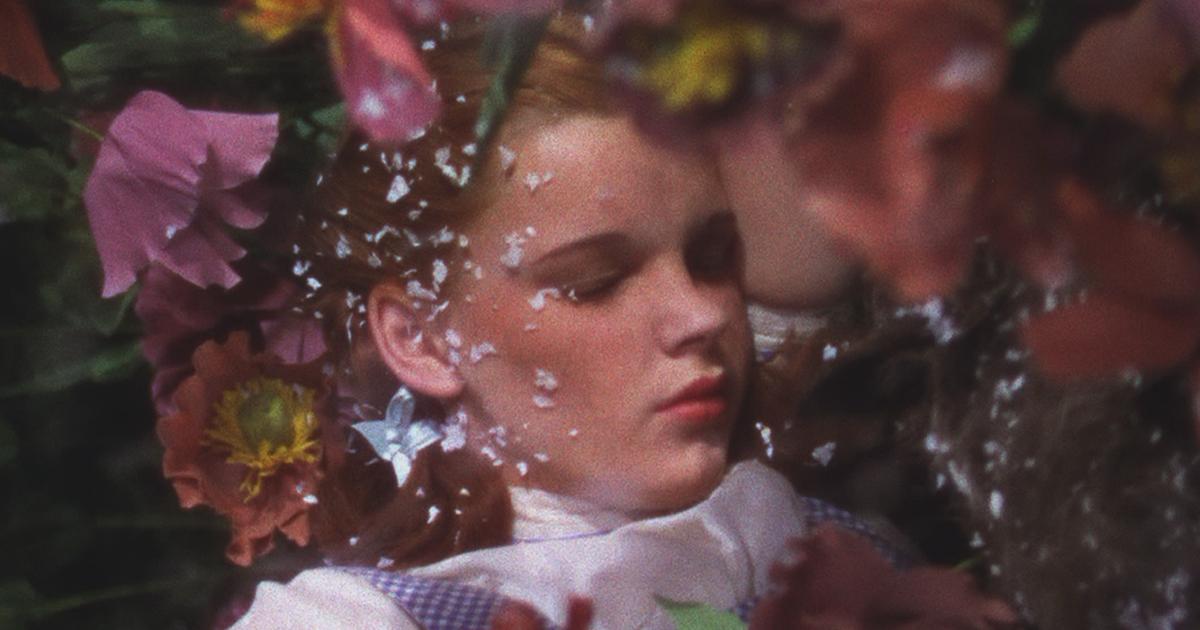So this is something we've all seen, that complex plot with a lot of loose ends, that gets quickly resolved at the last minute, by the writer revealing that "It was all just a Dream". I wanted to discuss the reputation dreams in film have gotten, and how the concept could be used in the right way, even though we've seen it used as a cheap escape so many times.
Basically, Dreaming in cinema has gotten a bad name, and it's easy to see why. Shows like Lost, seasons of hit TV shows, and more, have used this super crutch to hit the reset button on plotlines that weren't working out, or simply tie up plots they didn't have the time or inclination to finish.
I think though that it's just as valid as many other plot concepts, if used correctly, rather than as a cop out. I think the key factor in making a dream plotline work is for it to actually be written as a dream plotline. The Matrix is a prime example of this being done right. In this case the dream was the matrix itself, but the point is that the script was written ABOUT the dream, and was thus coherent and interesting. The dream sequence in "stir of echoes" was great, and significant to the plot. (hypnosis in this case). My argument is simple. Just because a lot of people misused this concept, doesn't mean the concept itself is bad, and I think there are a good number of case studies proving my point. This may or may not be a preemptive defense of my own writing, lol.
Basically, Dreaming in cinema has gotten a bad name, and it's easy to see why. Shows like Lost, seasons of hit TV shows, and more, have used this super crutch to hit the reset button on plotlines that weren't working out, or simply tie up plots they didn't have the time or inclination to finish.
I think though that it's just as valid as many other plot concepts, if used correctly, rather than as a cop out. I think the key factor in making a dream plotline work is for it to actually be written as a dream plotline. The Matrix is a prime example of this being done right. In this case the dream was the matrix itself, but the point is that the script was written ABOUT the dream, and was thus coherent and interesting. The dream sequence in "stir of echoes" was great, and significant to the plot. (hypnosis in this case). My argument is simple. Just because a lot of people misused this concept, doesn't mean the concept itself is bad, and I think there are a good number of case studies proving my point. This may or may not be a preemptive defense of my own writing, lol.
Last edited:



 If you're the script writer-artist-director yes; if you're collaborating with others, there are limits. Say the script reads "[guy] finds himself standing alone in a vast white plain ..." You can't really start adding in pink unicorns and giant mushrooms just for fun!
If you're the script writer-artist-director yes; if you're collaborating with others, there are limits. Say the script reads "[guy] finds himself standing alone in a vast white plain ..." You can't really start adding in pink unicorns and giant mushrooms just for fun!
